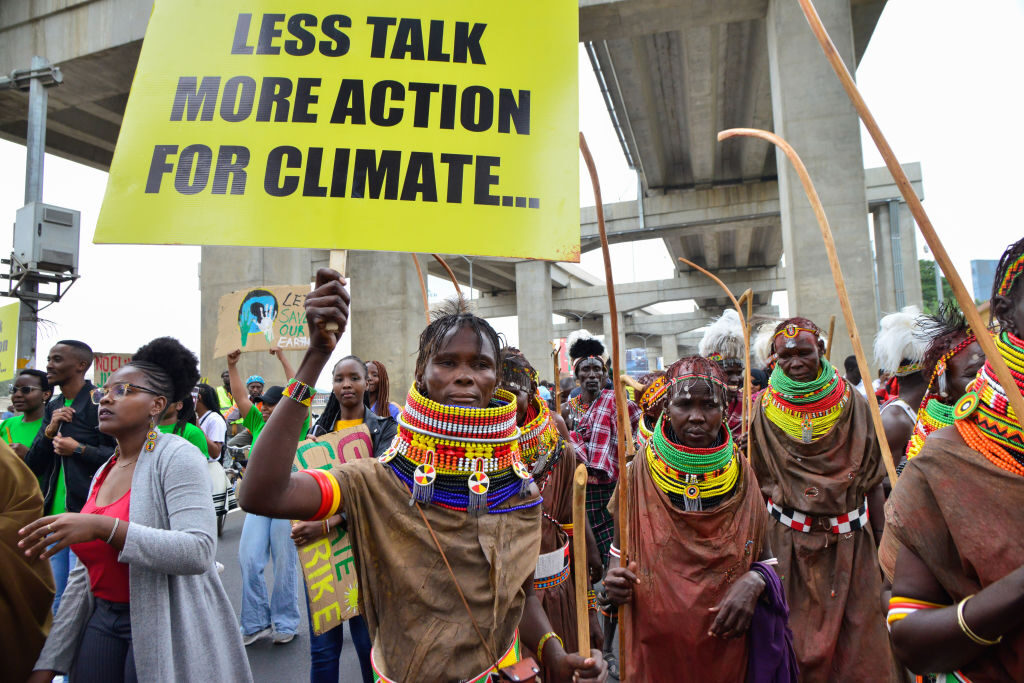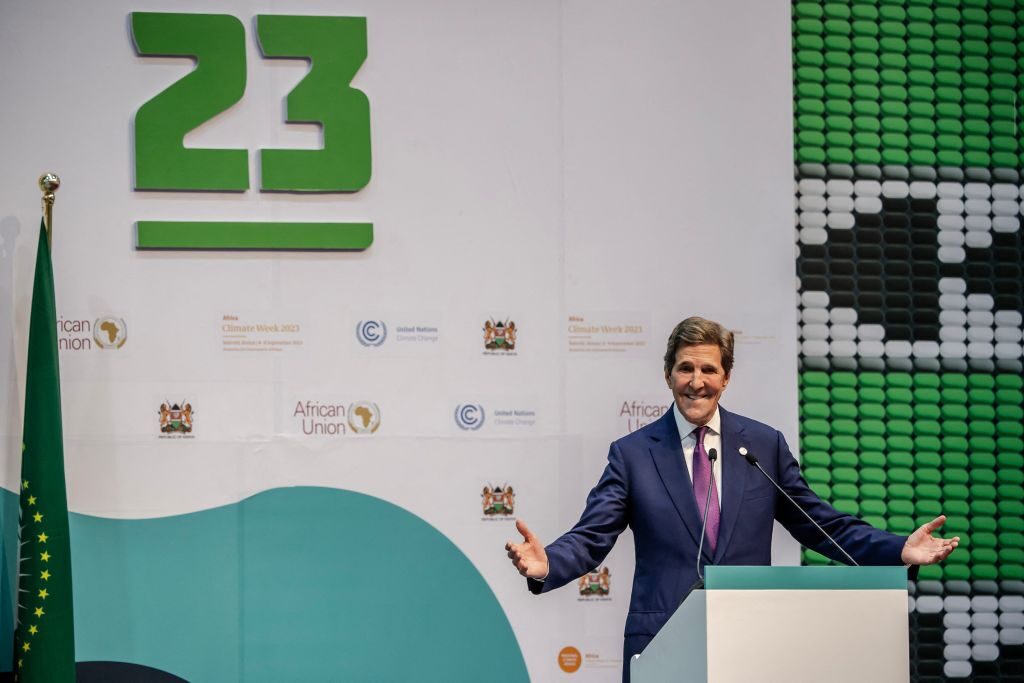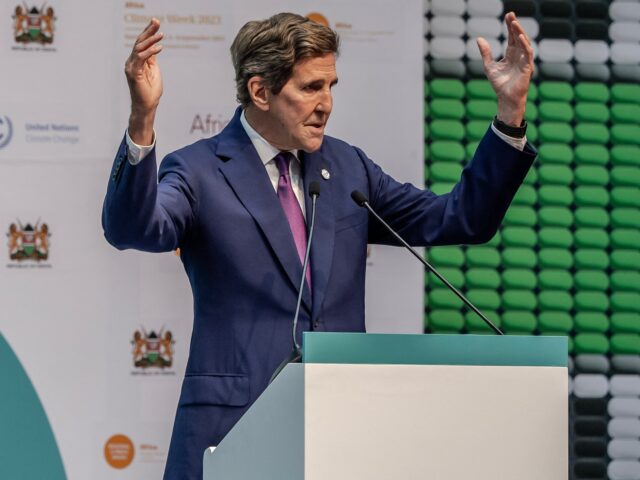The first Africa Climate Summit ended Wednesday with a demand for global leaders to initiate a global carbon tax on fossil fuels, aviation and maritime transport, all while reforming financial systems that force African nations to pay more to borrow money.
AP reports the call came in a declaration backed by the leaders of the continent which looked to the world’s biggest emitters of greenhouse gases and its richest countries to fulfill a pledge of delivering $100 billion annually to developing nations in climate finance.
“No country should ever have to choose between development aspirations and climate action,” the declaration says, following other calls made in the past to impose taxes that could be redistributed to poorer nations.
The statement went on to call for Africa’s vast mineral wealth to be processed on the continent, noting that “decarbonizing the global economy is also an opportunity to contribute to equality and shared prosperity.”
The call for reparations comes after Kenya’s President William Ruto said a global tax on carbon emissions can help redress Africa’s chronically low Gross Domestic Product (GDP) rates, as Breitbart News reported.
He pointed to “climate change” driven by successful, dynamic economies in Europe, North America and Asia, as a drain on Africa’s economic progress and it’s time to have a global conversation about a carbon tax on the world’s richest nations.

Turkana, an indigenous community living in a semi-arid Northern region of Kenya, participate in a climate protest on the streets of Nairobi as the Africa Climate Summit commences in Nairobi. (James Wakibia/SOPA Images/LightRocket via Getty Images)

U.S. Special Envoy for Climate John Kerry addresses the Africa Climate Summit 2023 at the Kenyatta International Convention Centre (KICC) in Nairobi on September 5, 2023. (LUIS TATO/AFP via Getty Images)
“Those who produce the garbage refuse to pay their bills,” Ruto said, according to AP, echoing others who have also called for carbon tax impositions.
The U.S. government’s special climate envoy, John Kerry, agreed and acknowledged the “acute, unfair debt” carried by Africa nations must be addressed.
He also said 17 of the world’s 20 countries most impacted by climate change are in Africa — while the world’s 20 richest nations, including his own, produce 80 percent of the world’s carbon emissions that are driving climate change.
The summit hosted by Kenya formed part of Africa’s preparation for the next U.N. climate change conference, which is scheduled to take place in Dubai in December, where “climate change” will once more dominate proceedings.
The event has largely featured leaders in government, business and civil society, many of them veterans of other climate gatherings.
“Heading from event to event doesn’t leave us with a lot of constructive thinking time” to bridge the gaps that still divide communities on the best ways to reduce emissions, Simon Stiell, the executive secretary of the United Nations Framework Convention on Climate Change, said.
Some 18,500 participants flew in from around the world to Kenya and registered to be accredited for the summit.
About 30,000 delegates in total were estimated to have attended the summit.

COMMENTS
Please let us know if you're having issues with commenting.